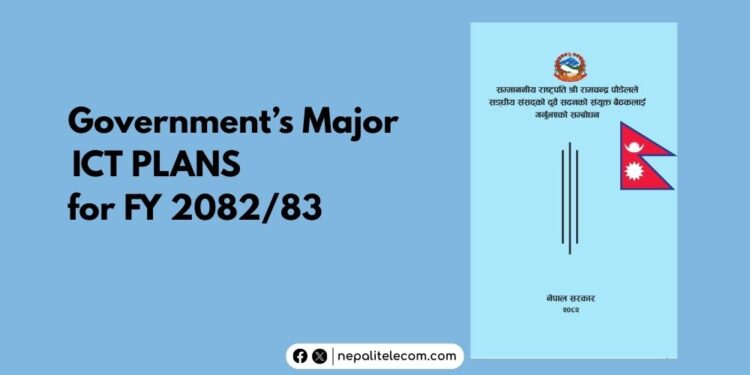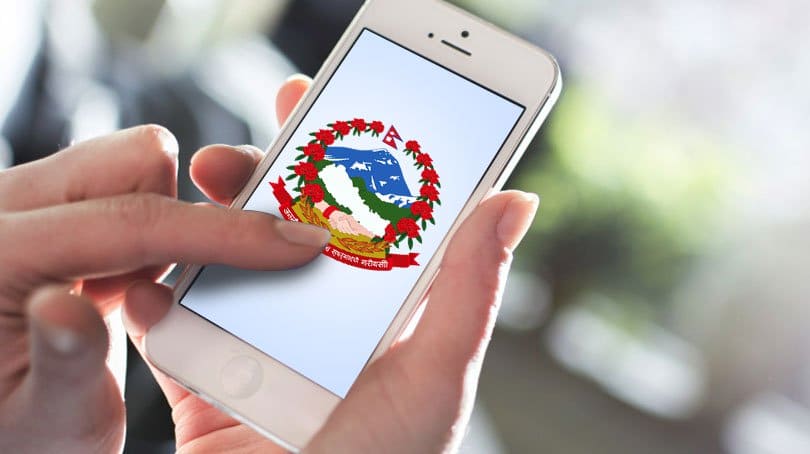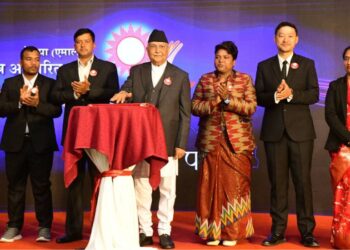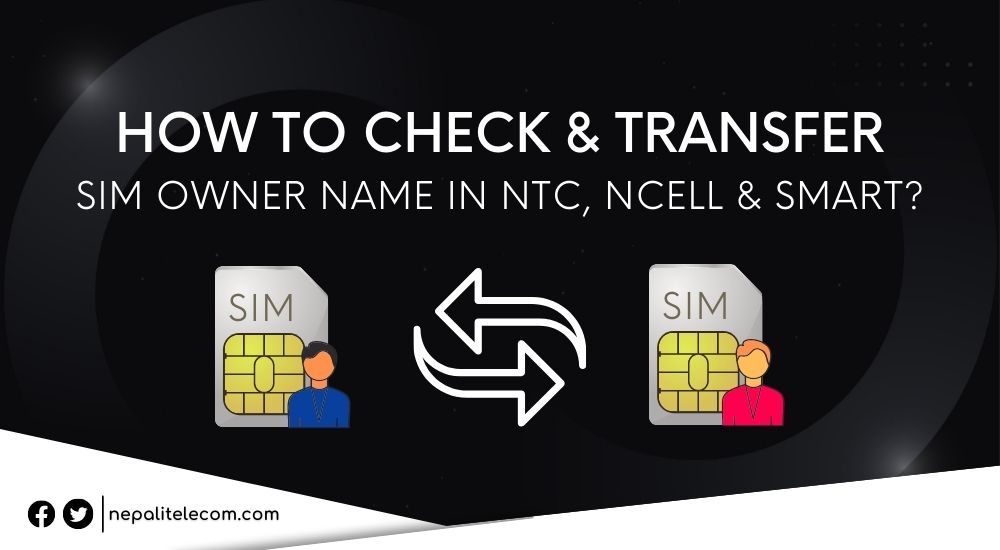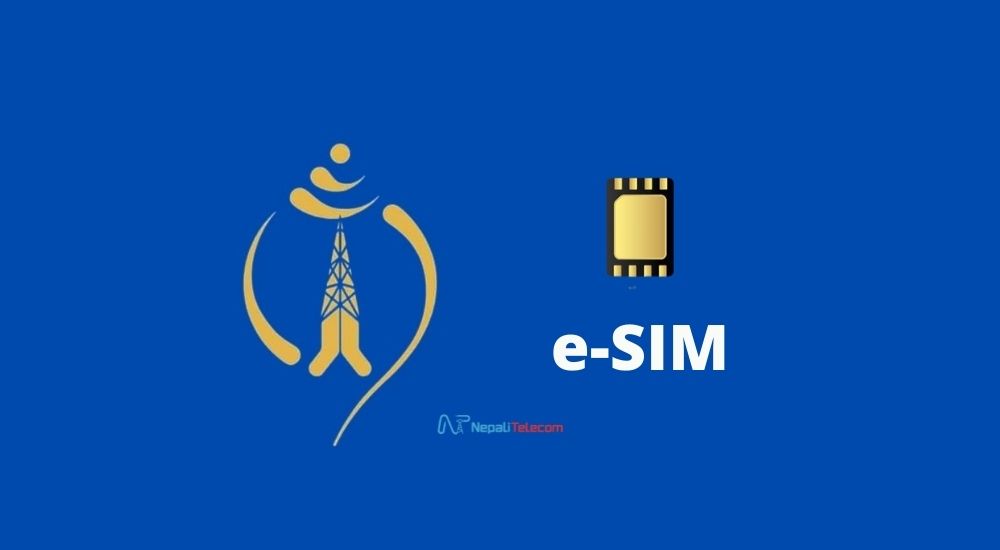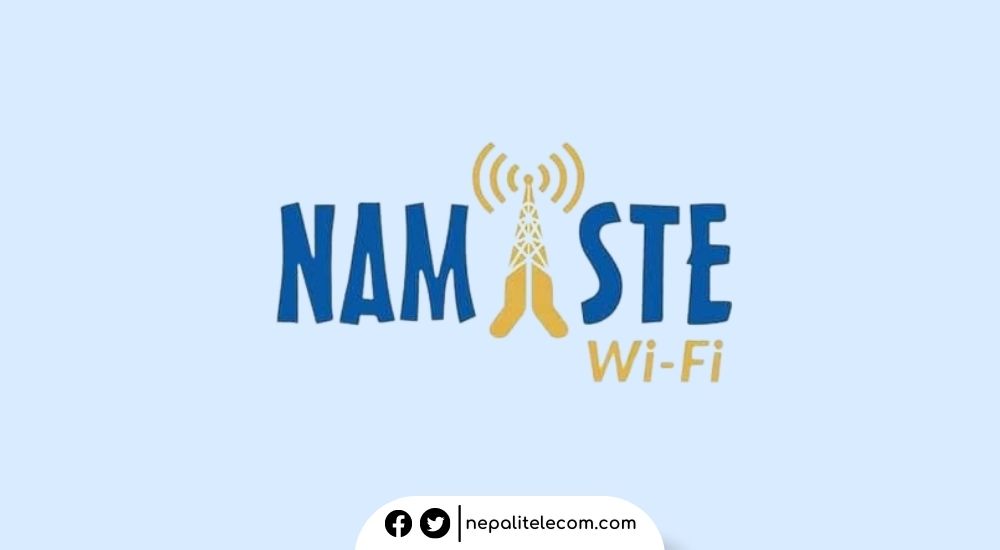The government has announced various ICT plans and policies for the fiscal year FY 2082/83. As usual, the government included new and updated policies to promote digital transformation that aim to make public services more customer-friendly. We have great news for Nagarik App, telecom expansion, etc. The president, Ram Chandra Poudel, announced the plans for the FY 082/83. Here are all the key highlights.
Table of contents
- Highlights of government ICT policies for FY 2082/8 3
- More services on Nagarik App
- Virtual educational system for students
- “One Local Level, One Smart Post Office” program
- Rapid Response Team for “Hello Sarkar”
- Effective regulation of social networks
- Advanced technology to contain cybercrime
- Move for Artificial Intelligence
- Interoperability for the record management of all three governments
- Our thoughts on the ICT plans for FY 2082/83
Highlights of government ICT policies for FY 2082/83
More services on Nagarik App
One of the major highlights of the government policies for FY 2082/83 is the announcement that more services will be integrated into the Nagarik App. Already, there are dozens of services on the popular app, such as a driving license, Voter’s ID, PAN, Citizenship, etc. However, going by the government’s new stance, the app will become the focal platform for government services.
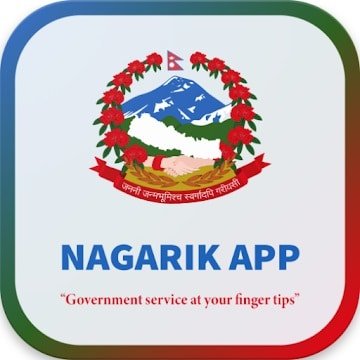
The president, Ram Chandra Poudel, said that “arrangements will be made to make all possible services online.” At the same time, a “Child Helpline” service will soon be added to the app.
Also: You don’t have to carry a driving license if you have it on your Nagarik app, learn why
Virtual educational system for students
The government also announced that it will develop a virtual teaching system for students to enter technical and commercial educational practices. The facility will be provided to community school students after completing their school-level education (Class 12). Students will be presented with opportunities based on their grades.
“One Local Level, One Smart Post Office” program
During the speech, President Ram Chandra Poudel also announced a “One Local Level, One Smart Post Office” program. Under this initiative, the government will develop more infrastructure for the postal service and make it more modern. The president said that the government will make the postal service more modern and commercialize the postal services.
Rapid Response Team for “Hello Sarkar”
Additionally, the president has announced a proposal to form a special “Rapid Response Team” (RRT) to quickly address public complaints on the “Hello Sarkar” program. The team will monitor the complaints made by the callers (public) and work on finding a resolution as quickly as possible.
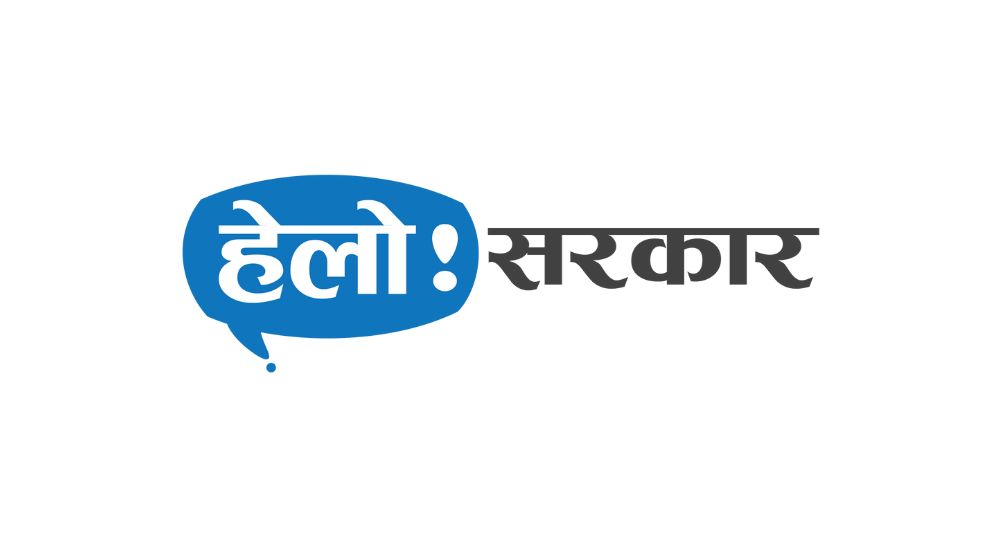
There have been numerous questions on the effectiveness of the Hello Sarkar program. However, the government believes that the mobilization of an RRT will help quickly address the public and improve its efficiency.
Effective regulation of social networks
The government shares plans to make arrangements to ensure effective regulations of social networks to keep social media dignified and secure. It aims to make social platforms safe for everybody who is tolerant and respectful of others. Earlier, the government banned TikTok on similar grounds, but the government is keen on better regulation to make sure social media upholds social coherence.
Advanced technology to contain cybercrime
Advanced technology will be implemented to curb cybercrime and help with criminal investigations. The government announced that a secure cyberspace will be created to maintain the security of highly sensitive information technology (IT) infrastructure.
Check out: Cybersecurity advisory for government office employees: What to do and what not to do?
Move for Artificial Intelligence
The government will form an institutional and legal basis for the development of artificial intelligence (AI). This will form the groundwork to make effective use of AI and justify its implementation. Also, more work will be carried out to operate Nepal’s own satellites that will be used for communication and surveillance purposes.
Interoperability for the record management of all three governments
The government also announced a plan to establish interoperability for the record management system of government employees at all three government levels (federal, provincial, and local). This will be done to make government office operations at all levels of government more efficient and less time-consuming.
Learn: The state of the digital divide in Nepal
Our thoughts on the ICT plans for FY 2082/83
The highlights of the ICT plans of the government for FY 2082/83 excite us for certain public services. I would like to single out the plans for more service integration into the Nagarik App. It’s one of the best and most useful apps in Nepal. You can even make your PAN number within minutes. These fresh policies also build on the theme of digital transformation of the country. So, I am excited that more services will come on it.

I am also hopeful that the government will make rightful implementation of tools for the reduction of cybercrimes. There is a long discussion and debate on how the government can and should use infrastructure to monitor social media.
Let’s hope there is nothing to worry about. AI is the next-gen technology, and Nepal should also be one to benefit from its use. I couldn’t ignore the idea of Nepal’s own satellite, but that might take some time to materialize. The recent past shows that.
Check this out: Satellite phone users in Nepal, current status, cost
In summary, the Nepal government’s ICT plans for FY 2082/83 are exciting, and we can only hope that they come into fruition in the most effective way. In the end, it’s the public, us, that should get public services efficiently and timely.
Up to you now. What do you think of these plans and policies for the FY 2082/83? Are they promising, or are you skeptical of their operation? Do comment below.


